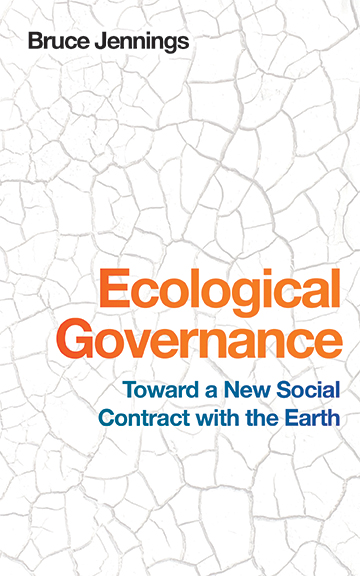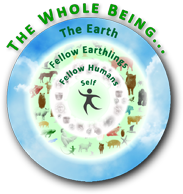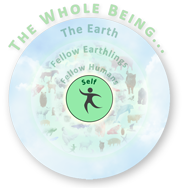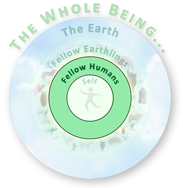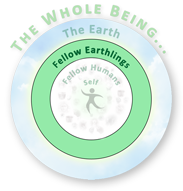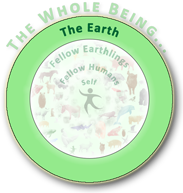Resource Library
To narrow down the list to only resources personally endorsed by CNCL, tick the “CNCL-Endorsed” box.
Please let us know if you find any errors or dead links.
Click here
for a list of…![]()
Broad-Coverage Independent News
& Media Sites
Resources on: veganism, vegetarianism, health, animal farming, obesity, diseases, diet, climate change, genetically engineered food and more. “The East Point Peace Academy is an organization dedicated to bringing about a culture of peace through training, education and the practice of Nonviolence and Conflict Reconciliation. We are grounded in the tradition of Dr. Martin Luther King, and work with incarcerated populations, youth, activists and community leaders working to bring about the Beloved Community. We come from the traditions of the Nashville Lunch Counter Sit-Ins, the leaders of whom trained for a full year before engaging in direct action, and Gandhi and his 78 followers who went through a 15-year process of training and self purification before embarking on the Salt March. We believe that in order for us to create a peaceful world, we need to invest as much into peace as the military invests into war. Investments not only in money, but in time, commitment, strategy, unity and training. Through training and education, East Point transforms the hearts and minds of individuals, connecting them to a broader history of nonviolent social change movements, and inspiring them to become advocates for transforming the policies, cultures and value systems of their communities.” Videos: -Recommended videos on nonviolence, -Dr. King’s speeches, sermons & interviews, -Dr. LaFayette’s speeches & presentation, -Kingian nonviolence, -East Point Peace Academy. “The Eastern Environmental Law Center (EELC) advocates on behalf of organizations and community groups to resolve environmental problems that threaten people, natural resources, and communities throughout New Jersey and the surrounding region. EELC represents national, state, and local citizen groups that generally cannot otherwise afford such assistance. EELC’s representation includes general client counseling to our 35+ clients and advocacy to promote effective environmental and land use regulations, to restore, maintain, and enhance the quality of water bodies, to protect communities from disparate impacts, and to promote sustainable development and clean energy. Based on the needs and requests of our client base and our view of the critical issues facing the State and region, EELC’s work emphasizes protection and preservation of open space, air quality, and water quality, with an emphasis on statewide issues as well as those issues affecting the Highlands and Pinelands regions, and selection of appropriate energy sources and technologies to meet demand and lessen environmental impacts. EELC will also continue to advocate on behalf of environmental justice communities, such as Newark, with respect to polluted sites, open space, and climate change.” “This Easy Beginner Vegan Shopping List will show you a plethora of options and make shopping a breeze! I’ll also give you some pointers along the way that should be helpful for beginners and experienced vegans alike.” Book: “Eating locally is a growing movement that is good for your health―but even better for the planet. Everyone everywhere depends increasingly on long-distance food. Since 1961 the tonnage of food shipped between nations has grown fourfold. In the United States, food typically travels between 1,500 and 2,500 miles from farm to plate―as much as 25 percent farther than in 1980. For some, the long-distance food system offers unparalleled choice. But it often runs roughshod over local cuisines, varieties, and agriculture, while consuming staggering amounts of fuel, generating greenhouse gases, eroding the pleasures of face-to-face interactions, and compromising food security. Fortunately, the long-distance food habit is beginning to weaken under the influence of a young, but surging, local-foods movement. From peanut-butter makers in Zimbabwe to pork producers in Germany and rooftop gardeners in Vancouver, entrepreneurial farmers, start-up food businesses, restaurants, supermarkets, and concerned consumers are propelling a revolution that can help restore rural areas, enrich poor nations, and return fresh, delicious, and wholesome food to cities.” “The choices we make about our food matter. The meat and dairy industry’s relentless quest for profit is putting all of us at risk as enormous factory farms force cheap, health-threatening products into our grocery stores and onto our plates. It’s time to choose a better way.” Book: “Prof. Gary L. Francione and Prof. Anna Charlton, who are long-term vegans, explain why our use of animals for food runs counter to the widely shared moral intuition that harming animals unnecessarily is wrong. They address the 30+ most heard questions and objections regarding a vegan diet, and show that none of our excuses for eating animals works. Packed with clear, commonsense thinking on animal ethics, without jargon or abstract theory, this short and clearly written book will change the way you think about what you eat.” Book: “Now in paperback, after selling more than 35,000 copies in hardcover, Eat Right, Live Longer is an 8-step program that shows readers how to use specific vegetarian food choices to prevent disease, while promoting longevity and a lifelong feeling of vitality. Includes recipes and menus by Jennifer Raymond.” “Browse and comment on articles concerning cutting-edge food news and healthy living suggestions.” Book: “Part memoir and part investigative report, Eating Animals is the groundbreaking moral examination of vegetarianism, farming, and the food we eat every day that inspired the documentary of the same name. Bestselling author Jonathan Safran Foer spent much of his life oscillating between enthusiastic carnivore and occasional vegetarian. For years he was content to live with uncertainty about his own dietary choices-but once he started a family, the moral dimensions of food became increasingly important. Faced with the prospect of being unable to explain why we eat some animals and not others, Foer set out to explore the origins of many eating traditions and the fictions involved with creating them. Traveling to the darkest corners of our dining habits, Foer raises the unspoken question behind every fish we eat, every chicken we fry, and every burger we grill.” “How much do you know about the food that’s on your plate? Based on the bestselling book by Jonathan Safran Foer, narrated by co-producer Natalie Portman, and directed by Christopher Quinn (GOD GREW TIRED OF US), Eating Animals is an urgent, eye-opening look at the environmental, economic, and public health consequences of factory farming. Tracing the history of food production in the United States, the film charts how farming has gone from local and sustainable to a corporate Frankenstein monster that offers cheap eggs, meat, and dairy at a steep cost: the exploitation of animals; the risky use of antibiotics and hormones; and the pollution of our air, soil, and water. Spotlighting farmers who have pushed backed against industrial agriculture with more humane practices, Eating Animals offers attainable, commonsense solutions to a growing crisis while making the case that ethical farming is not only an animal rights issue but one that affects every aspect of our lives.” “Plant-based eating benefits people, animals and the planet. Americans eat more meat per person than almost any other country. Our habit is leading to poor health, environmental degradation and the suffering of billions of animals every year.” Book, article, powerpoint presentation and short vidoes about eco-governance. “Applying the reality of our ecological interconnectedness to our local and global governing systems. The only legitimate purpose of governance is to cultivate the health and vitality of the planet and all its inhabitants. The material presented here offers an initial framework for beginning to think about the transition from a governance system rooted in a mindset of separateness and the domination of life, to a system of governance rooted in a mindset of interconnectedness and the cultivation of life. The work is inspired by and dedicated to the Global White Lion Protection Trust.” “The Eco-Dharma Centre is situated in a beautiful and wild part of the Catalan Pyrenees. We offer courses, events and retreats which support the realisation of our human potential and the development of an ecological consciousness honouring our mutual belonging within the web of life – drawing on the Buddhist Dharma and the emerging ecological paradigms of our time.” “Ecobob is a platform specifically developed to make eco friendly living easy and accessible for all walks of life. If you are looking for inspiration, information and eco home products and services, Ecobob has got you covered. Visiting Ecobob.co.nz means having access to relevant and up to date information on the ever changing, ever expanding world of eco homes, zero energy homes and high performance homes. At Ecobob, we believe that owning or living in an eco home shouldn’t affect your ability to enjoy the creature comforts of luxurious living, in fact quite the opposite. Present day eco homes offer the latest environmentally sound technologies coupled with state of the art architecture completed with small-scale renewable energy generation. This allows occupants to enjoy power on their own terms, free from constant, expensive monthly power bills. Ecobob makes it easy for like-minded individuals to engage in environmentally conscious practices by having up to date, practical information at their fingertips.” Book: “Hopeful, eloquent, and bold, Ecoliterate: How Educators Are Cultivating Emotional, Social, and Ecological Intelligence offers inspiring stories, practical guidance, and an exciting new model of education that builds — in vitally important ways — on the success of social and emotional learning by addressing today’s most important ecological issues. This book reveals how educators can advance academic achievement; protect the natural world on which we depend; and foster strength, hope, and resiliency. Ecoliterate is the result of an innovative collaboration between Daniel Goleman — bestselling author of Emotional Intelligence and Social Intelligence — and Lisa Bennett and Zenobia Barlow of the Center for Ecoliteracy. It tells stories of pioneering educators, students, and community leaders engaged in issues related to food, water, oil, and coal in communities from the mountains of Appalachia to a small village in the Arctic; the deserts of New Mexico to the coast of New Orleans; and the streets of Oakland, California to the bucolic hills of Spartanburg, South Carolina. Ecoliterate also presents five core practices of emotionally and socially engaged ecoliteracy and a professional development guide.” Book: “As our economic and natural systems continue on their collision course, Bruce Jennings asks whether we have the political capacity to avoid large-scale environmental disaster. Can liberal democracy, he wonders, respond in time to ecological challenges that require dramatic changes in the way we approach the natural world? Must a more effective governance be less democratic and more autocratic? Or can a new form of grassroots ecological democracy save us from ourselves and the false promises of material consumption run amok? Ecological Governance is an ethicist’s reckoning with how our political culture, broadly construed, must change in response to climate change. Jennings argues that during the Anthropocene era a social contract of consumption has been forged. Under it people have given political and economic control to elites in exchange for the promise of economic growth. In a new political economy of the future, the terms of the consumptive contract cannot be met without severe ecological damage. We will need a new guiding vision and collective aim, a new social contract of ecological trusteeship and responsibility.”Found 2210 Results
EarthSave – Resources
![]()
East Point Peace Academy
![]()
East Point Peace Academy – Youtube channel
![]()
Eastern Environmental Law Center
![]()
Easy beginner vegan shopping list (printable with helpful tips)
![]()
Eat Here: Reclaiming Homegrown Pleasures in a Global Supermarket
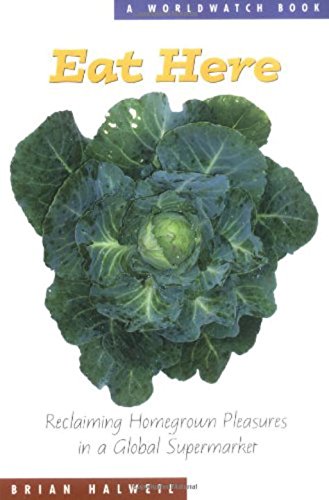
Eat less meat, more plants
![]()
Eat Like You Care
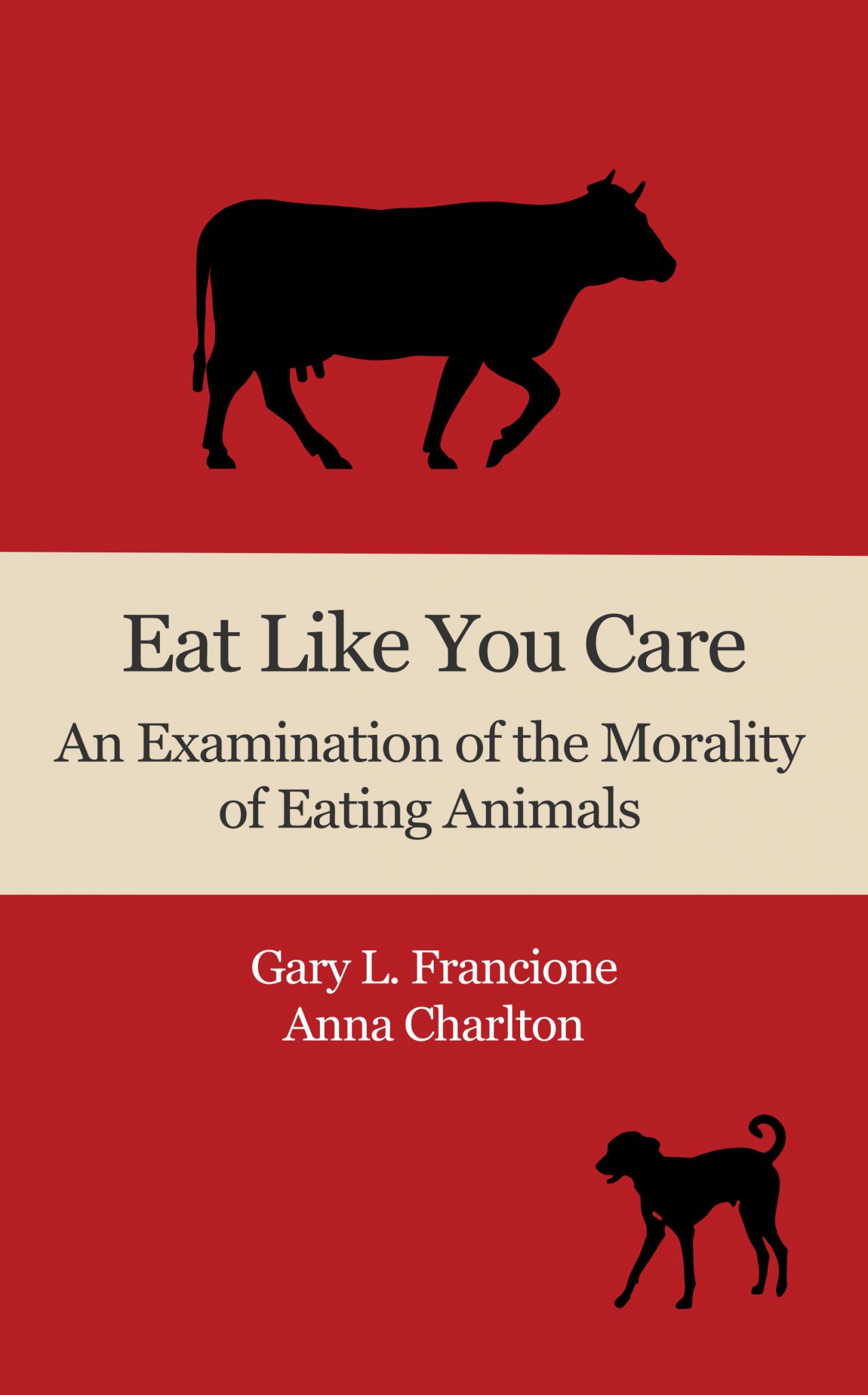
Eat Right, Live Longer: Using the Natural Power of Foods to Age-Proof Your Body
Eat to Live Blog
![]()
Eating Animals (book)
Eating Animals (movie)

Eating Humanely
Eco – Governance
![]()
Eco-Dharma Centre
![]()
Ecobob
![]()
Ecoliterate: How Educators Are Cultivating Emotional, Social, and Ecological Intelligence
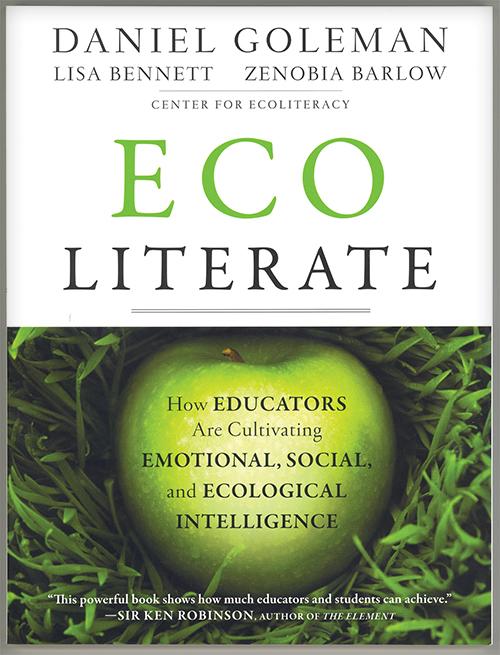
Ecological Governance: Toward a New Social Contract with the Earth
